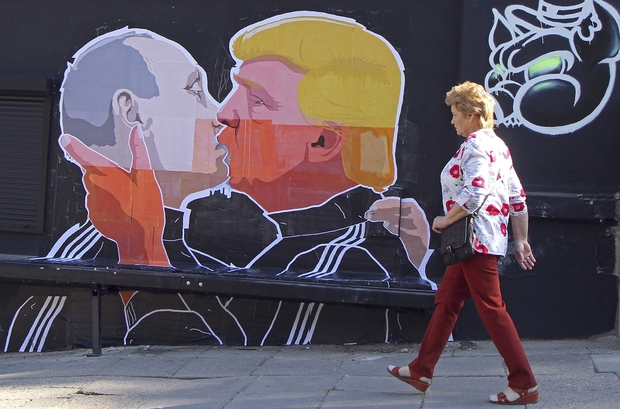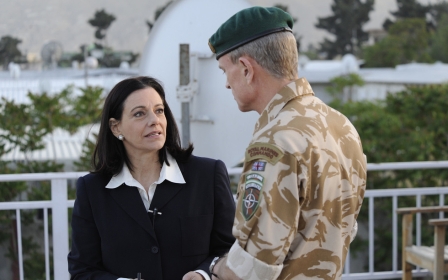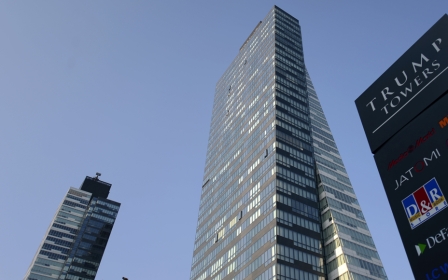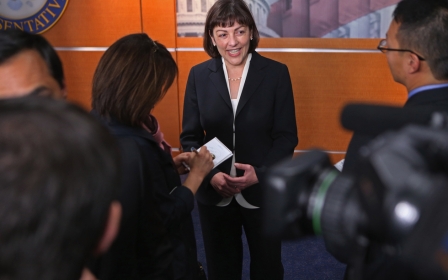Trump benefited from Russia spreading fake news, researchers say

Researchers cited by US media accused Russia of spreading propaganda and "fake news" to benefit President-elect Donald Trump during the election campaign.
Beyond Trump and Russian President Vladimir Putin’s confessed mutual admiration and the hacked Democratic National Committee emails, an unpublished report referenced by the Washington Post says Moscow used social media and internet trolls, as well as Russian news networks including RT and Sputnik to promote false information during the election season.
The report was compiled by PropOrNot, a nonpartisan group that dubs itself "an effort to prevent propaganda from distorting US political and policy discussions".
The Post also relied on another set of data, put together by analysts Clint Watts, Andrew Weisburd and J M Berger.
In a lengthy article published earlier this month, the trio wrote that Russian propaganda aims to fracture relations between elected officials and citizens in democratic countries, promote a Russian policy agenda and create distrust and confusion among the public by "blurring the lines between fact and fiction".
Their paper is titled, "Trolling for Trump: How Russia is trying to destroy our democracy".
"The most overwhelming element of Russia’s online active measures over the last year relate to the presidential campaign of Donald Trump," the analysts wrote. "Russian promotion of Trump not only plagues Clinton, but likely helped sideline other GOP candidates in early 2016 with a more traditional anti-Russia view of foreign policy."
The researchers said they found "shocking consistency" in the messaging between certain social networks linked to Russia.
RT hit back at the Washington Post for giving credibility to the reports, labeling the US newspaper’s story as "a bit of a turkey". The Russian network also denounced the Post for the “sensationalist and scaremongering piece about fake news stories that itself turned out to be, well, full of fakes”.
On Wednesday the European Parliament condemned Russia’s "propaganda” efforts, accusing RT of spreading "absolutely fake" news.
Trump has long emphasised cooperation with Russia, especially on Syria. On Friday, he named a deputy national security adviser, Kathleen McFarland, who has said that Putin deserves a Nobel Peace Prize.
This article is available in French on Middle East Eye French edition.
Middle East Eye propose une couverture et une analyse indépendantes et incomparables du Moyen-Orient, de l’Afrique du Nord et d’autres régions du monde. Pour en savoir plus sur la reprise de ce contenu et les frais qui s’appliquent, veuillez remplir ce formulaire [en anglais]. Pour en savoir plus sur MEE, cliquez ici [en anglais].




